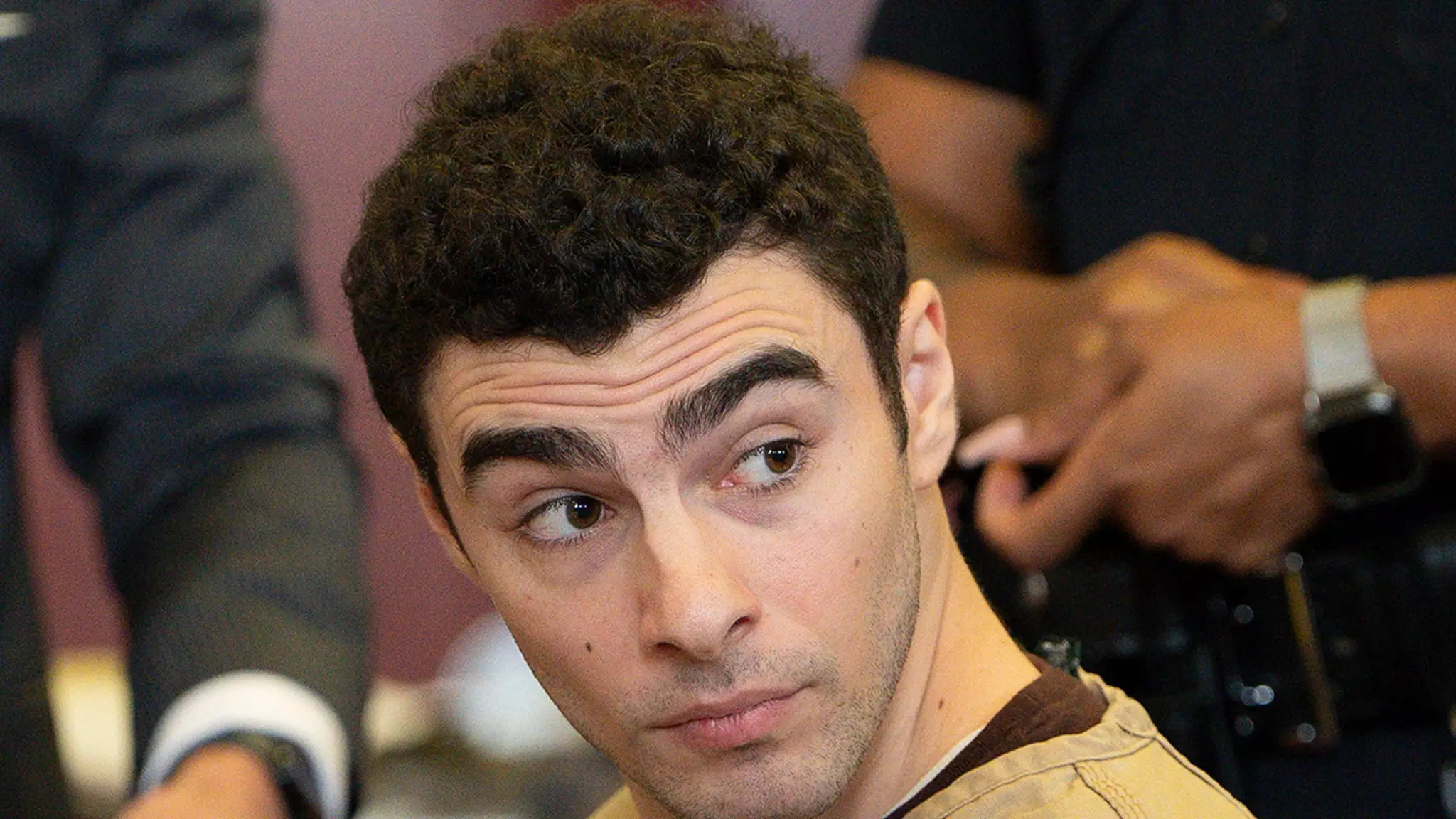The case against Luigi Mangione, accused of the tragic murder of UnitedHealthcare CEO Brian Thompson, has ignited a whirlwind of controversy—not least because his legal team is actively challenging the integrity of the entire prosecution. Instead of straightforward legal defense, Mangione’s attorneys are framing the proceedings as tainted by systemic misconduct and prejudicial tactics that threaten the fundamental principles of a fair trial. This approach raises profound questions about how justice is administered in high-profile cases and the potential for governmental overreach to undermine due process.
At its core, the defense argues that Luigi’s constitutional rights have been deliberately compromised through a series of actions by law enforcement agencies and public officials. Their motion to dismiss the indictment is rooted in accusations of misconduct, including leaks of sensitive investigative information and efforts to publicly dehumanize their client. Such allegations aren’t merely procedural complaints—they challenge the very legitimacy of the case, hinting at a bias that could ultimately skew judicial outcomes and disenfranchise Luigi from a fair hearing.
Weaponization of Media and Political Rhetoric
One of the most striking elements of the defense’s narrative is their critique of how public officials, especially figures like Attorney General Pam Bondi, framed the case in the media landscape. The prosecutors’ narrative, as highlighted by the attorneys, was not just about seeking justice but appeared to be weaponized to influence public perception and potentially sway judicial impartiality. The social media posts emphasizing the execution of the death penalty painted Luigi as a remorseless killer—a portrayal that, the defense claims, prejudiced the grand jury and unduly influenced the entire process.
This perceived weaponization of narrative raises troubling implications about the role of political actors and media in shaping legal outcomes. Justice is supposed to be insulated from outside influence, yet when officials publicly declare guilt and endorse harsh punishments before trial, it undermines the presumption of innocence that is central to the American justice system. Such conduct doesn’t merely undermine a single case; it erodes public trust in the integrity of the legal process itself.
The Power Dynamics and Erosion of Fairness
The defense’s accusations extend beyond mere rhetoric into behaviors that suggest a calculated attempt to intimidate or dehumanize the defendant. The staged “perp walk” with Luigi shackled and paraded before the media has been described as a spectacle designed to send a message, potentially influencing jurors and public opinion alike. This spectacle, they argue, is reminiscent of criminal stereotypes that diminish the defendant’s humanity, creating an environment where objectivity becomes nearly impossible.
Furthermore, the leak of investigative information, including a handwritten manifesto found on Luigi’s body, complicates the scenario. Such leaks can influence juror perception by framing Luigi in a particular light, regardless of the evidence’s eventual weight or validity. The defense contends that these tactics violate Luigi’s right to a fair trial—implying that the pursuit of swift justice has sacrificed the constitutional safeguards meant to protect the accused.
Legal Implications and Broader Concerns
The motion to dismiss the indictment signals a larger concern about how heavy-handed law enforcement tactics, combined with political rhetoric, threaten the foundational principles of justice. The case becomes emblematic of a broader societal issue: the risk of criminal cases transforming into political spectacles rather than impartial inquiries into truth. If the defense’s accusations hold water, it could serve as a stark warning about the necessity of safeguarding procedural rights—even in the face of serious allegations involving influential figures.
While the dismissal of earlier state terrorism charges against Luigi might appear as a victory, it doesn’t necessarily dispel underlying issues. Instead, it illustrates how complex and contentious this case has become, highlighting the potential for constitutional rights to be sacrificed in the rush for closure or political expediency.
Ultimately, the defense’s vigorous opposition to the indictment underscores a crucial point: justice is most genuine when it’s rooted in fairness, impartiality, and adherence to constitutional safeguards. Any deviation—from leaks to prejudicial rhetoric—threatens to turn a legal process into a mistrial before the first witness is even called. If the system fails to recognize and rectify these flaws, the true meaning of justice remains at risk, buried beneath the noise of media spectacles and political posturing.

Leave a Reply